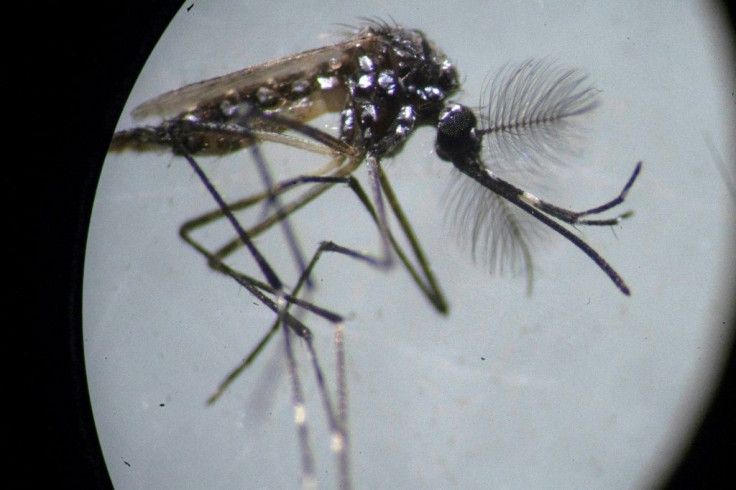
Los Angeles has seen a surge of mosquitoes lately, as global temperatures rise and tropical weather reaches higher latitudes. In order to counter those potentially spreading dengue fever, authorities have resorted to genetically modifying specimens in hopes to decrease their population.
According to a report by NBC News, these lab-raised mosquitoes are all male and have been sterilized by radiation, so scientists hope they will impregnate females with dead-end sperm, making resulting eggs worthless. They are focusing on the Aedes aegypti species, which carries dengue fever.
"We know our residents are suffering," said Susanne Kluh, the general manager of the Greater Los Angeles County Vector Control District. California recorded its first two local cases of dengue last year.
"Everybody always said, well, our weather isn't suitable, but you know, the mosquitoes adapt and our weather has changed," Kluh said. "We get more moisture in the summer, and people create these ideal little moist mini climates in their backyards, with lush plants and everything."
The district released some 20,000 of these mosquitoes, which are dyed to look fluorescent under a black light, as it rolls out its pilot program. Males don't bite, so they shouldn't pose a danger to humans, authorities said. The goal is to release up to 60,000 mosquitoes per week as of next month.
The world and the region could be looking on, as Latin America saw its most severe outbreak on record this year, and experts have warned that climate change could create the perfect conditions for the disease to reach more areas of the United States.
Dengue-carrying mosquitoes are also now found on a regular basis in the southern parts of the United States, and have recently been reported in the Bay Area and in Washington, D.C.
According to an article by NBC News, the Florida Department of Health has recorded 176 dengue cases so far this year. In all of 2023 the department documented 173 locally transmitted cases, most of them in Miami.
The vast majority of people were infected in Brazil or Cuba, among other Latin American countries. So far this year, only seven cases of local dengue have been reported in the state.
The U.S. does have a dengue vaccine. However, it's only authorized for children ages 9 to 16 who live in areas where dengue is endemic, including Puerto Rico, American Samoa, or the U.S. Virgin Islands.
Climate change and warmer weather due to the El Niño pattern is creating unusually mild conditions that are already expanding the range of mosquito-borne diseases in Latin America. The hotter temperatures allow the mosquito Aedes aegypti to breed and reproduce more rapidly throughout the year.
© 2024 Latin Times. All rights reserved. Do not reproduce without permission.







